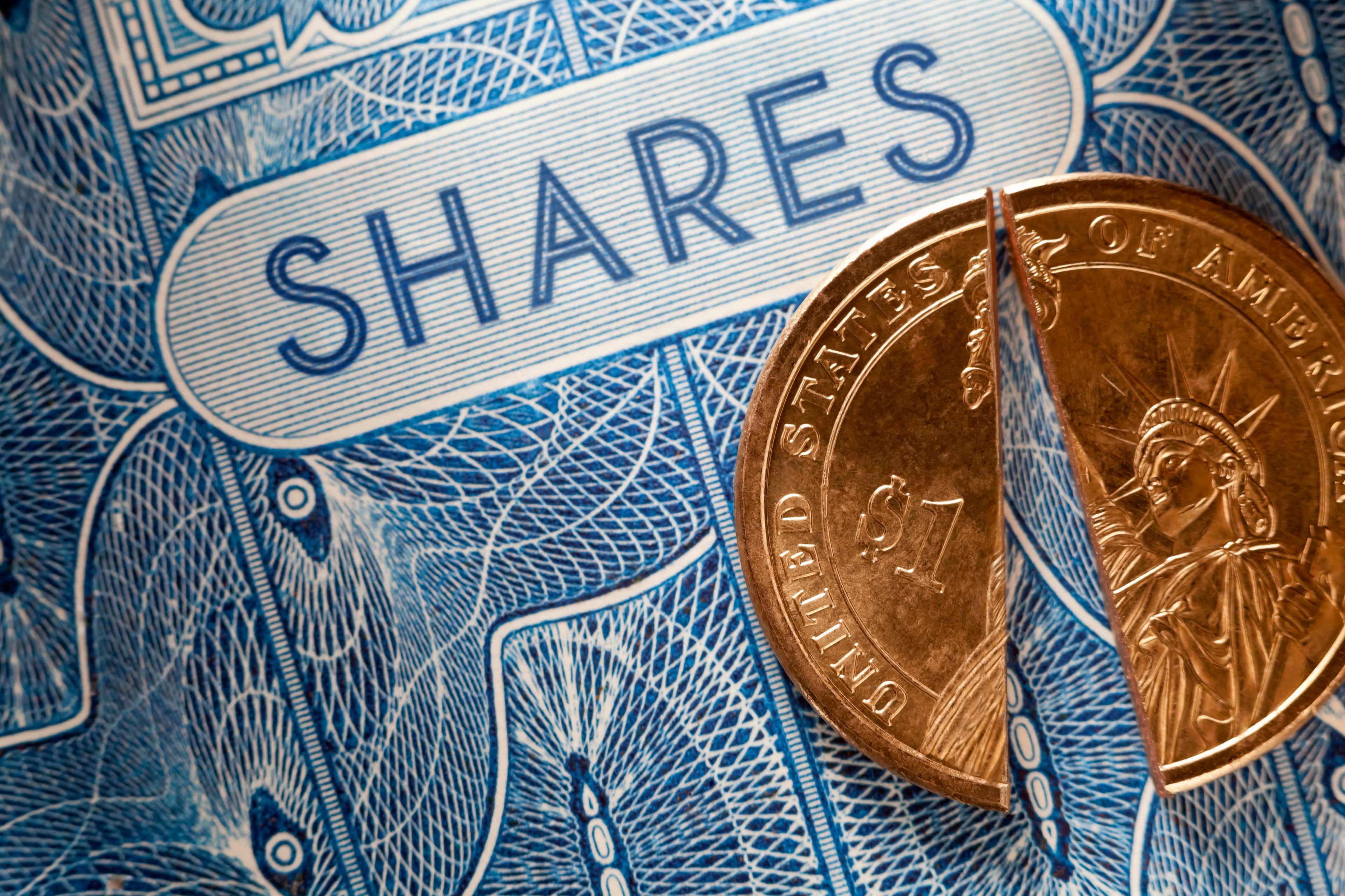Anyone who thinks that today's internet and social media giants have unassailable competitive moats should remember names like MySpace and AOL and think again. Nonetheless, just now, Facebook's (FB 3.28%) position in the market seems well defended. That's good because, as host Chris Hill and senior analysts Taylor Muckerman and Jason Moser discuss in this segment of the MarketFoolery podcast, its brand has taken another hit thanks to word that hackers had gained access to 50 million accounts. But bad as that was, it doesn't appear to be generating much backlash -- yet. The Fools look a little deeper into Facebook's situation, the changes resulting from the GDPR, and the company's possible future challenges.
A full transcript follows the video.
This video was recorded on Oct. 1, 2018.
Chris Hill: Facebook announced late last week that hackers managed to gain access to nearly 50 million accounts.
Jason Moser: That's a shame!
Hill: [laughs] They say in life, timing is everything. I think that cuts both ways. Right now, the timing really could hardly be worse for Facebook for this type of news. The Cambridge Analytica stuff is still close enough in the rearview mirror. We've got the midterm elections coming next month.
Taylor Muckerman: GDPR in Europe.
Hill: Yes, the prospect of, what is it, a $1.6 billion fine? All that sort of thing. They're working with the FBI to try and figure out all of the details here. But this is just... I don't know. I'm sort of tempted to say that, given the strength of Facebook's business, given how dominant the company is, how sticky the platform is, that it's not going to matter. But the optics sure are bad.
Muckerman: I think until someone actually uses this data in a very malicious way, these just keep getting brushed off to the side, at least by the users of these websites. I read an interesting thought that maybe some of the partners that Facebook uses -- when you have these tokens, you're logged in and you can hop into your Spotify account, you can hop into Airbnb, and that kind of stuff using your Facebook login -- if these partners start to get nervous and pull out, maybe that kills a little bit of the functionality in the ecosystem that Facebook has created. But until someone uses this data in a malicious way to affect these 50 million people, I think it's yesterday's news next week.
Moser: Yeah, more than likely so. We've been saying this for a while, this is just the cost of doing business with a company like Facebook and really any of these companies where you're offering up your data in such an explicit fashion. No one's twisting your arm, you're the one going in there and telling people where you are and what you're having for dinner. I think this is going to be something that continues to happen.
You're right, Facebook's business is so dominant because its user base is so big and they have so many different platforms. It's really difficult to change human behavior. I don't think people generally are going to pivot toward not being social and not using social platforms.
You keyed in on a good point there, Taylor, in regard to partners of Facebook. We read not all that long ago about how Facebook had really been courting banks to get more of that data. It's very important to think about that. If you look at something like a bank, a bank has all of the incentive in the world to keep your data private, to keep your data secure. Facebook's business model, actually, they have the incentive to not protect your data. Their business model is essentially based on monetizing your data. So you have to consider that.
For me, I think Facebook continues to exist, no problem. I do think there will be limits on partners that want to do too much with them, because those incentives are not aligned.
Muckerman: They're chasing out the executives of companies that they've purchased. WhatsApp, they were trying to monetize that in ways that the founders didn't appreciate, so they're leaving. I don't know if that's why the Instagram guys are taking off. That's pretty recent news, as well.
Hill: We had Brad Stone, who wrote The Everything Store and The Upstarts, he was the guest on Motley Fool Money last week. One of the things I asked him was about the departure of the Instagram executives, and some of the other executives who have recently left Facebook. One of the things I asked him was, "Does this hurt Facebook in terms of future acquisitions? Because if I worked at Alphabet in M&A, I would absolutely use that as a talking point against Facebook." And Brad said, "No, I don't think that hurts them. I think that what's hurting them more is the spotlight that big tech is under right now, in terms of these data breaches, in terms of Congress, all these sorts of things." If you're a small upstart tech company, a $50 million company, $100 million company, that sort of thing, and Facebook or Alphabet or some other tech giant comes knocking on your door talking about an acquisition, there's part of you that's like, "We kind of like not being in the spotlight, so we're going to say no for now."
Moser: And I don't think this is something that's going to end anytime soon. GDPR was a start, but a lot of these tech companies were here last week, testifying again. It sounds like while lawmakers are not looking to outright regulate them, there is going to be legislation crafted to protect consumers more. That, of course, is going to take forever to craft. There are going to be a lot of conflicts of interest there to try to make this all work for everybody involved. It's just another way of saying that this is going to take some time.
It's certain that the legislative outlook here, it'll look far different a year from now than it does today. I don't know that necessarily bodes well for these businesses.






